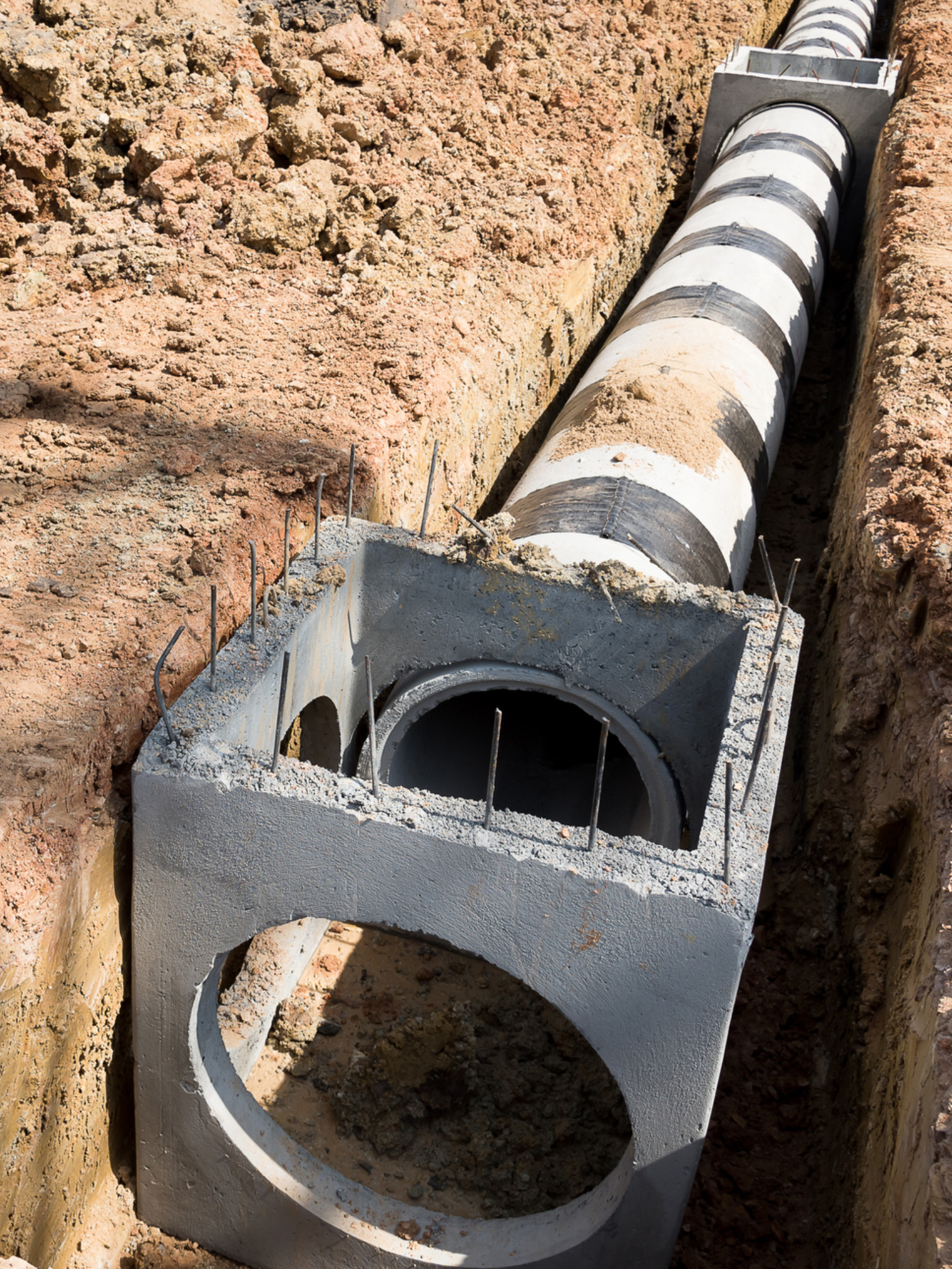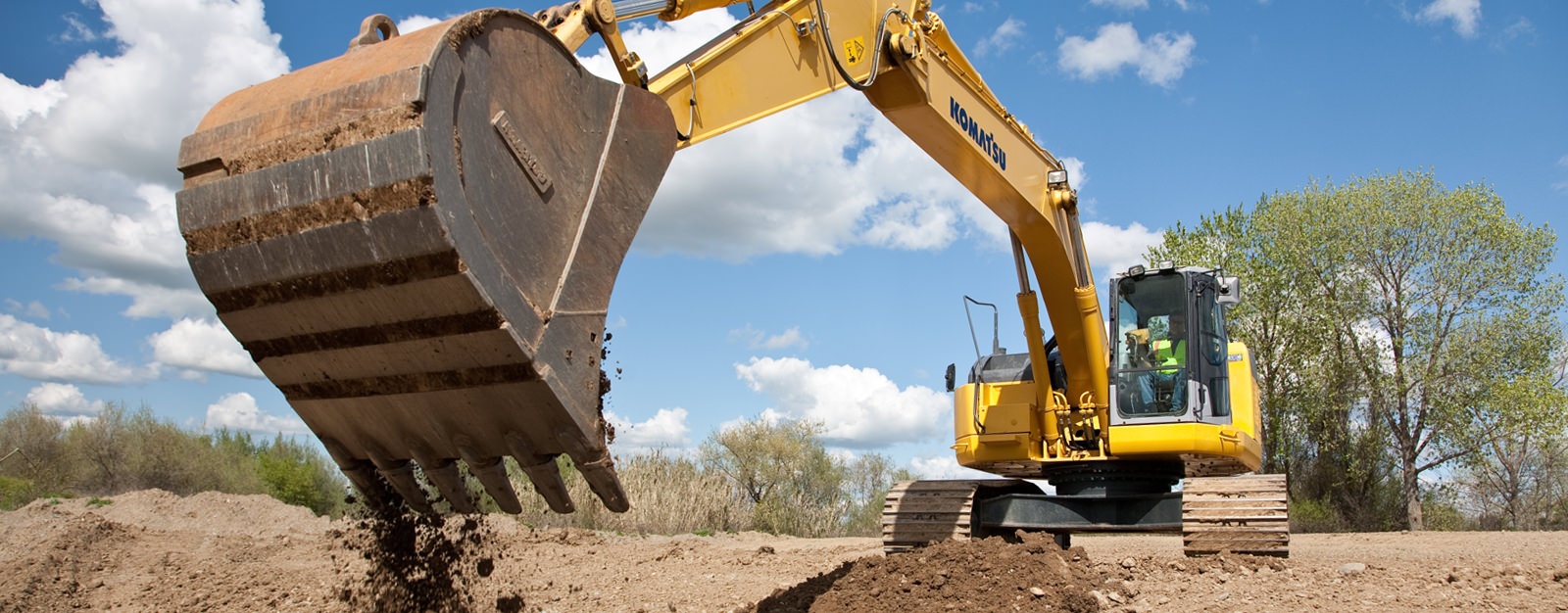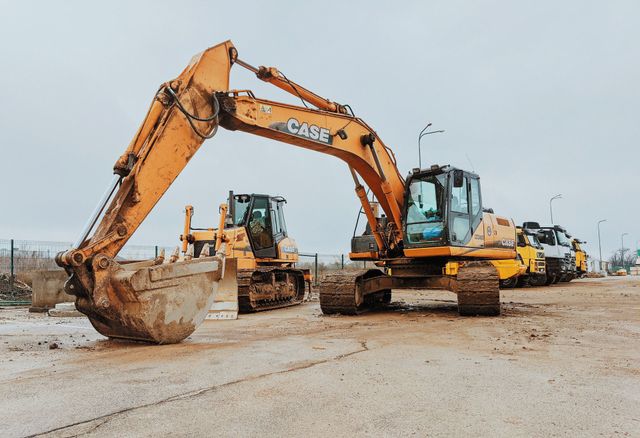Professional Septic Ohio - Trusted Septic System Experts in Ohio
Professional Septic Ohio - Trusted Septic System Experts in Ohio
Blog Article
Comprehensive Excavation Methods: Mastering the Principles for Success
In the world of building and civil engineering, the significance of efficient excavation strategies can not be overstated. The cautious preparation, specific implementation, and careful attention to information called for in excavation jobs demand an extensive strategy that encompasses numerous fundamental aspects. From preliminary dirt evaluation to the implementation of safety steps and normal progress tracking, grasping these core components is vital for accomplishing success in any kind of excavation undertaking. The real mastery lies not merely in understanding these basics but in perfectly integrating them to navigate the complexities of excavation projects with finesse.
Comprehending Excavation Job Preparation

The first stage of any excavation job is the preparation phase, where critical decisions are made that can substantially influence the outcome of the project. Recognizing the task scope, timeline, and budget plan restraints is essential for creating an extensive excavation plan that makes sure the job's success.
One trick element of excavation project preparation is the development of an in-depth timeline that details the sequence of deadlines, tasks, and landmarks. This timeline works as a roadmap for the project group, permitting them to track progression and make needed modifications to make sure the task remains on routine. Additionally, a distinct spending plan that represents all costs, including tools service, labor expenses, and materials, is important for avoiding price overruns and hold-ups. By very carefully considering all these factors during the drawing board, excavation projects can be implemented effectively and effectively, bring about effective outcomes.
Soil Analysis and Website Evaluation
Carrying out thorough soil evaluation and website assessment is a critical action in the prep work stage of any excavation job. Dirt evaluation entails determining the structure, framework, and residential or commercial properties of the soil at the excavation website. This details is crucial for understanding the soil's bearing capability, moisture content, and potential for erosion, which are essential consider establishing the excavation approaches and devices required for the task.
Website analysis exceeds dirt evaluation and incorporates a more comprehensive analysis of the overall website problems. This analysis consists of recognizing any potential hazards, such as below ground energies, ecological worries, or unsteady terrain, that could impact the excavation process. By extensively evaluating the website, task supervisors can create efficient excavation methods that focus on security, efficiency, and environmental management.
Making use of innovative innovations like ground-penetrating radar, soil sampling, and drone studies can improve the accuracy and performance of dirt analysis and website examination. Investing time and resources in these initial steps can ultimately conserve time and protect against expensive delays or complications throughout the excavation procedure.
Devices Option and Application
Reliable excavation jobs rely heavily on critical tools choice and utilization to ensure ideal performance and performance. Choosing the right equipment for the work is essential in maximizing efficiency and decreasing downtime. Elements such as the kind of soil, depth of excavation, and task range play a significant duty in figuring out the most appropriate equipment for the job at hand.

Along with choosing the ideal equipment, proper utilization is key to project success. Operators should be trained to deal with the equipment safely and efficiently - lancaster excavation. Regular maintenance checks and prompt repairs help prevent breakdowns and ensure regular efficiency throughout the job
Precaution and Regulations Compliance
In the world of excavation tasks, focusing on security steps and compliance with you could look here laws is extremely important to making certain a safe and secure and lawfully sound operational setting. Precaution include a variety of practices, consisting of carrying out comprehensive site analyses, executing proper signs and barriers, and giving ample security training for all personnel associated with the excavation process. Adherence to regulations, such as OSHA demands in the United States, ensures that the excavation job meets the essential requirements to protect employees, bystanders, and the surrounding atmosphere.

Surveillance Progression and Adjusting Approaches
How can forecast supervisors effectively track the improvement of excavation projects and adapt their methods accordingly to enhance outcomes? Tracking development is important for making sure that excavation projects remain on track and fulfill due dates.

Final Thought
Finally, mastering the principles of detailed excavation methods is necessary for the success of any type of task. By recognizing job preparation, examining soil and website conditions, picking suitable tools, conforming with safety guidelines, and keeping track of progression, task managers can ensure a smooth and efficient excavation webpage process. Applying these techniques will certainly cause effective results and decrease prospective risks or obstacles during the excavation project.
The preliminary phase of any excavation task is the planning stage, where important decisions are made that can substantially affect the result of the job. Understanding the task spending plan, timeline, and scope restrictions is critical for producing a detailed excavation strategy that ensures the project's success.
Exactly how can predict supervisors effectively track the improvement of excavation tasks and adjust their strategies find this appropriately to enhance end results? By closely keeping an eye on progression and being willing to adapt methods, task supervisors can enhance the overall success of excavation jobs.
By comprehending task planning, evaluating dirt and website problems, picking ideal equipment, complying with safety policies, and keeping an eye on progression, task supervisors can make sure a effective and smooth excavation process.
Report this page